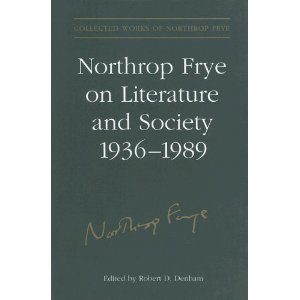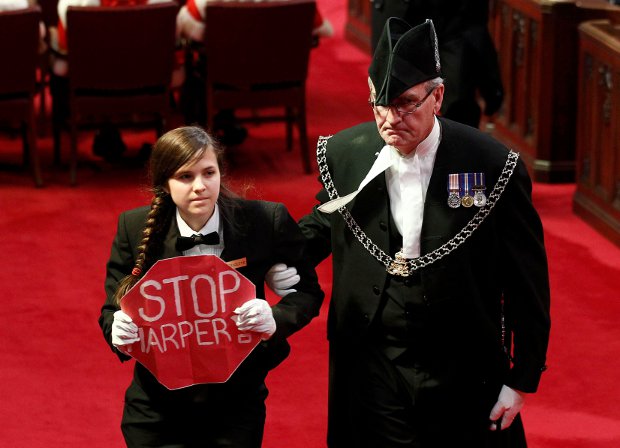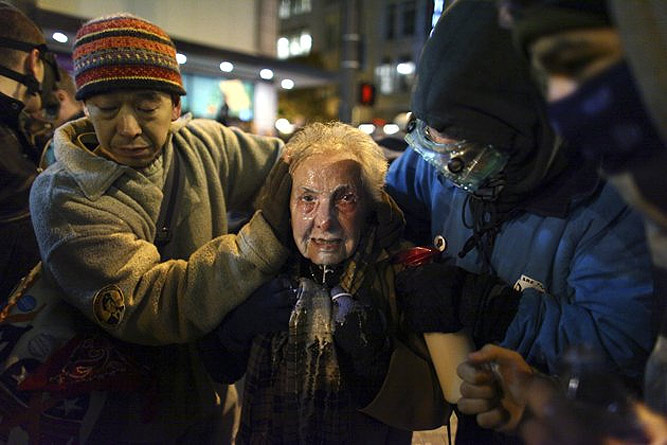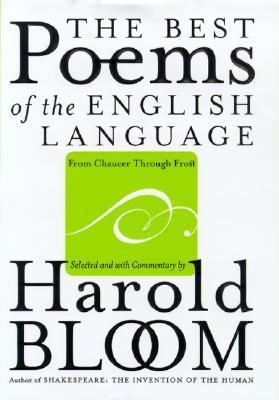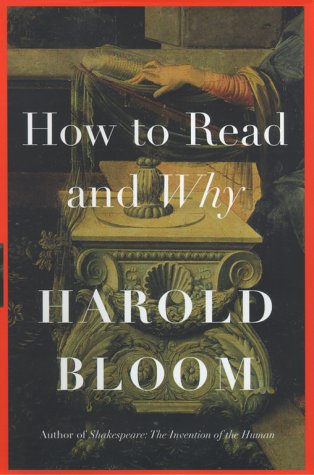
Further to Jonathan Allan’s response to my earlier post, I’d like to clarify that I didn’t mean to imply that Bloom is wrong to have preferences, or wrong about the selections for his poetry anthology. I only intended to rebut Bloom’s erroneous claim – which he has repeated many times – that Frye was against value judgments. He wasn’t. Frye made no secret of the fact that he considered Blake the greatest English language poet of his generation, and one of the greatest of all poets. That’s an overt value judgment, and Frye made no effort to conceal it. Bloom is entitled to like or dislike whatever he chooses. But it is unfair that he keeps repeating false claims about Frye. His hostility appears to have grown over time, and he seems to mention Frye frequently in interviews these days, but always misleadingly and always entirely to Frye’s detriment.
Frye’s point about value judgments is that any attempt to approach literary criticism based upon them is a dead-end. I love Shakespeare, but Bloom’s incessant bleat about Shakespeare’s supremacy over all other writers gets in the way of his ability to say anything fresh about the plays. And the assertion is unproveable. What does Bloom’s assessment even mean? Is it really the case that Shakespeare was wiser and smarter than all other writers in all ways? Bloom is entitled to his opinion, but what good does it do to hammer away at this point?
And what if he’s wrong? It might seem foolhardy to question the supremacy of Shakespeare, yet surely there are crucial ways in which someone like Chekhov, for example, could be considered a greater artist. Nobody ever spoke the way Hamlet speaks. Chekhov’s greater mimetic realism makes him, in some crucial ways, more accessible, just as Vermeer’s or Rembrandt’s paintings are in some ways more accessible than Michelangelo’s titanic renditions.
Yet this is the sort of thing Bloom doesn’t even like to think about. Artists are constantly being ranked: Shakespeare is #1, Dante is #2, Joyce is #3. . . It is silly and pointless. Recently, he declared Beckett the greatest English language writer of the 20th century, surpassing Conrad, Woolf, Lawrence. How is Beckett “better” than Conrad? They deal with different aspects of existence and illuminate different experiences of life. Where do we go next with this sort of critical criteria? Are we going to declare Mozart superior to Beethoven and Bach? Or maybe it is Bach who’s the supreme musical genius. But then again, it must be Beethoven because of the symphonies. It is always possible to play this parlor game, but it can only remain a parlor game.
